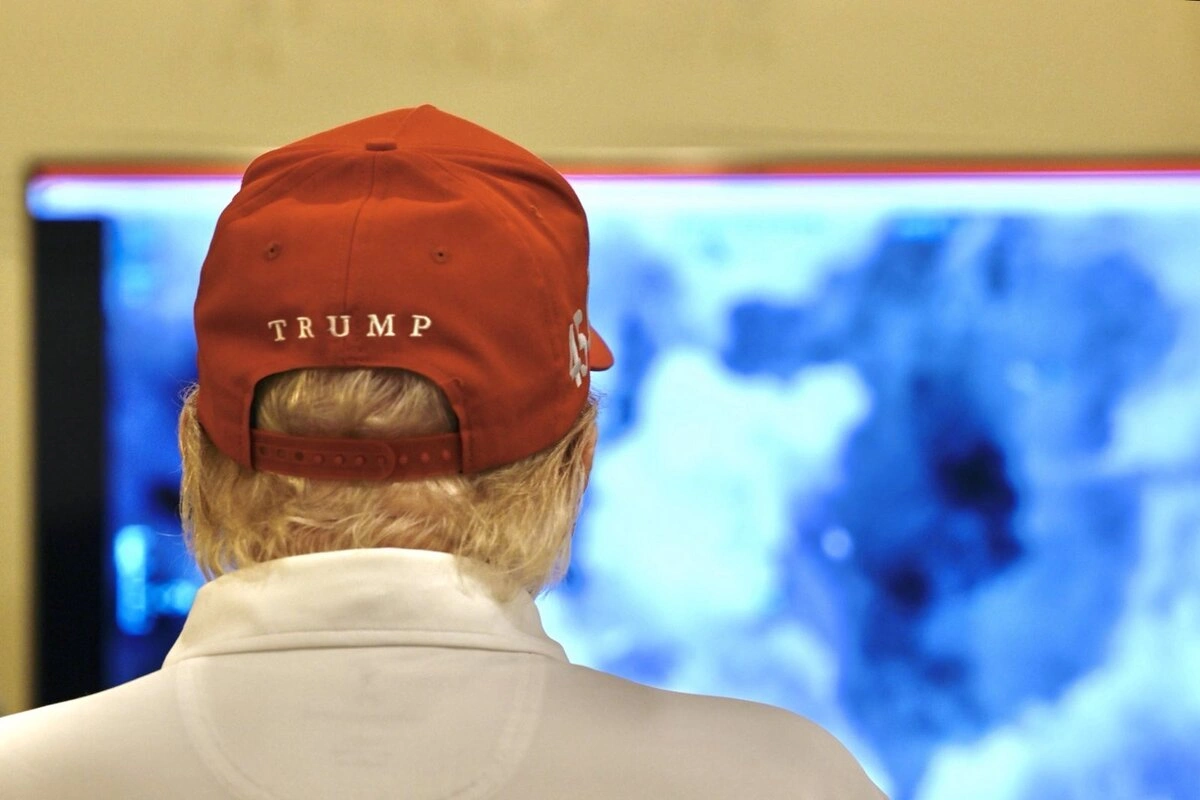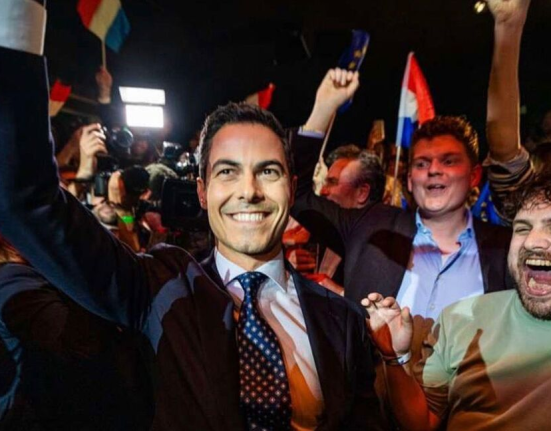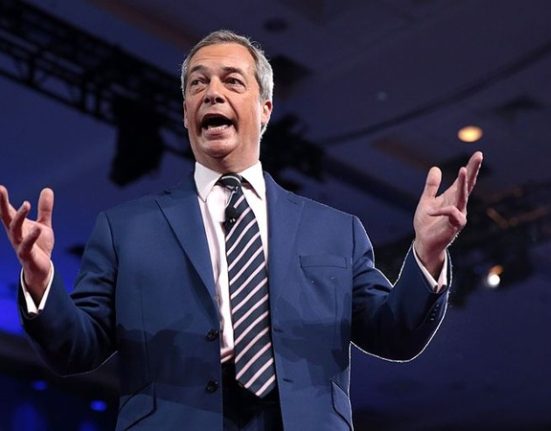After weeks of escalating rhetoric and tariff hikes that had global markets in a spin, Donald Trump abruptly hit pause. The US president announced on Wednesday a 90-day suspension of new tariffs on countries willing to negotiate, triggering a historic market rally and marking one of the most dramatic shifts in his trade policy to date.
The climbdown came not from pressure abroad, but from signs of financial turmoil at home – particularly in the bond market. A heavy sell-off in US government debt, compounded by plummeting equities and tumbling oil prices, triggered alarm bells in Washington and beyond.
“This is Trump’s capitulation to markets,” said Andy Brenner of NatAlliance Securities. “He has saved face by keeping tariffs on China.”
A property developer’s instincts
Trump framed the decision as coming “from the heart” but made clear he had been watching the bond market closely. “The bond market is very tricky, I was watching it . . . people were getting a little queasy,” he said, acknowledging investors were “getting yippy” and “a little bit afraid”.
For a president whose business career was steeped in debt and leverage, warning signs in the US Treasury market hit differently. When even former Treasury Secretary Larry Summers warned of an impending financial crisis, and JPMorgan’s Jamie Dimon flagged recession risks on Fox Business, Trump took note.
“I’m taking a calm view, but I think it could get worse if we don’t make some progress here,” Dimon had warned. It struck a chord with the president.
One person close to the White House summed it up bluntly: “Trump is fine with Wall Street taking a hit but he doesn’t want the whole house to come down.”

Markets react with record-breaking rally
Markets responded with euphoria. The S&P 500 surged 9.5%, adding $4.3 trillion to its value – the index’s best day since 2008. The Nasdaq posted its strongest performance since 2001. The rally quickly spread globally: Japan’s Topix rose 8%, Taiwan’s Taiex gained 9.3%, and Germany’s Dax shot up 8.3%. London’s FTSE 100 climbed 6.1%.
US government bonds also stabilised. The 10-year yield, which had surged earlier in the day, moderated to end the session at 4.35%, signalling renewed investor confidence following Trump’s reversal.
A partial retreat: China still targeted
Despite the broad pause, Trump singled out China for intensified measures. He raised tariffs on Chinese goods from 104% to 125%, accusing Beijing of retaliatory disrespect. China hit back swiftly, with new tit-for-tat tariffs pushing its total duties on US imports to over 100%.
Commerce Secretary Howard Lutnick said China had “chosen the opposite direction”, while insisting the “world is ready” to work with Trump to “fix global trade”.
The political spin begins
The White House attempted to reframe the reversal as part of a broader plan. Speaking outside the White House, Treasury Secretary Scott Bessent said he had spent Sunday with Trump in Florida and described the past week’s events as a reflection of the president’s long-term strategy.
“It took great courage for him to stay the course until this moment,” Bessent said. “We are willing to hear you.”
Trump, for his part, posted on Truth Social: “Based on the fact that more than 75 countries have called . . . to negotiate a solution… I have authorized a 90-day PAUSE.” He added that America would reduce reciprocal tariffs to 10% during the pause – effective immediately – though this does not apply to China.
Conclusion: Tactical retreat, not a surrender
Wednesday’s events may mark a turning point in Trump’s trade war – not a surrender, but a tactical retreat forced by economic reality. While the president maintains his hard line on China, his willingness to step back from the cliff edge underlines just how seriously the bond market’s signals were taken inside the White House.
“This was written from the heart,” Trump said. But markets – and many inside the administration – know it was the wallet, not sentiment, that spoke loudest.







